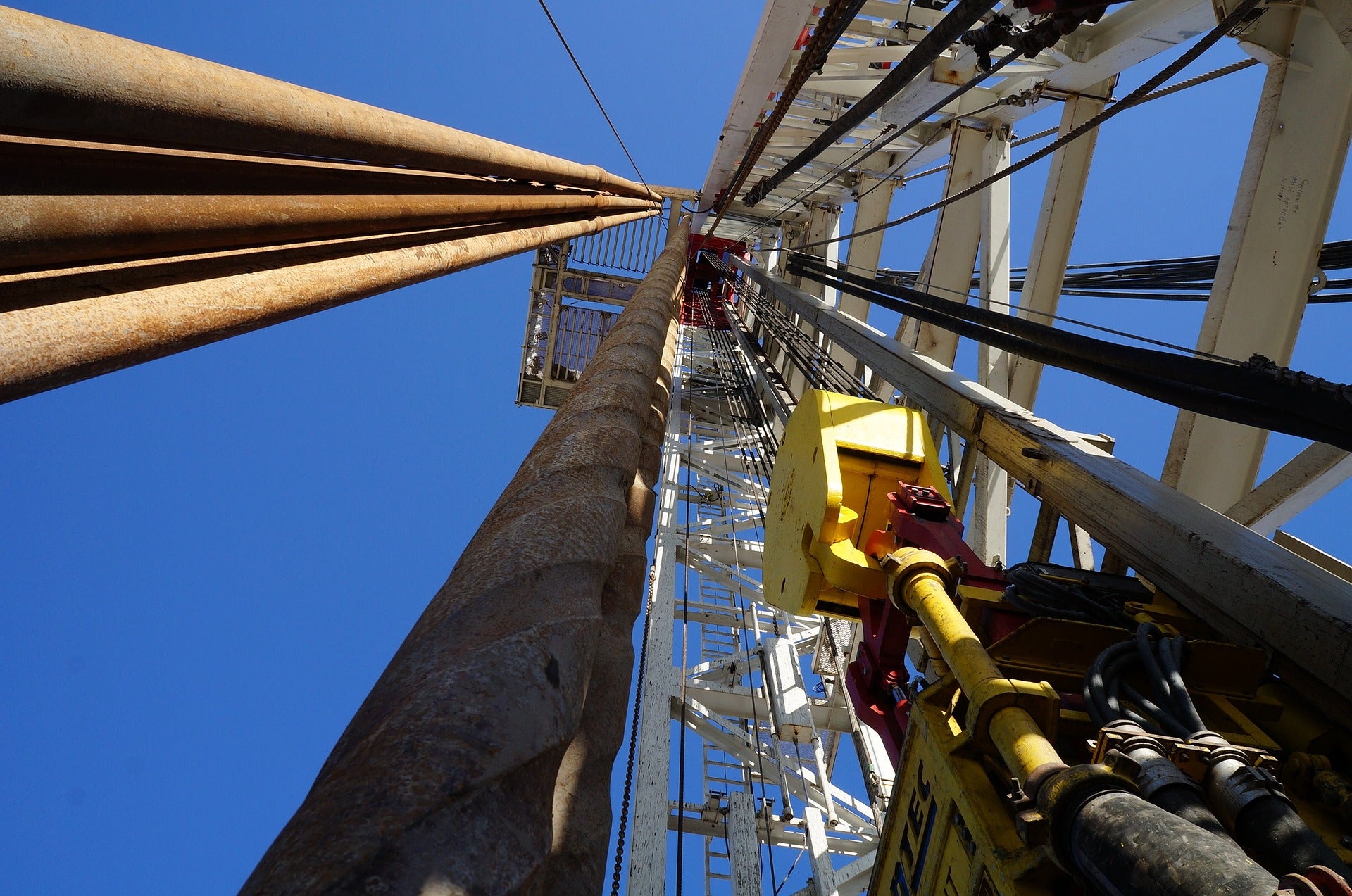
Brazil’s Petrobras has awarded a contract to a joint venture (JV) of Saipem and Daewoo Shipbuilding & Marine Engineering (DSME) for a new floating production storage and offloading (FPSO) in the Búzios offshore field.
The JV will be responsible for the engineering, procurement, fabrication and integration of the topsides of the FPSO unit, named P-79.
It will also install the mooring systems, as well as undertake the hookup, commissioning and start-up work.
The overall FPSO P-79 project is valued at around $2.3bn, with Saipem’s portion being nearly $1.3bn.
Scheduled for delivery in 2025, the P-79 FPSO will have the capacity to process 180,000 barrels of oil per day and 7.2 million cubic metres of gas per day.
This will be the eighth unit to be installed in Búzios field, in the Santos Basin pre-salt area.
How well do you really know your competitors?
Access the most comprehensive Company Profiles on the market, powered by GlobalData. Save hours of research. Gain competitive edge.

Thank you!
Your download email will arrive shortly
Not ready to buy yet? Download a free sample
We are confident about the unique quality of our Company Profiles. However, we want you to make the most beneficial decision for your business, so we offer a free sample that you can download by submitting the below form
By GlobalDataThe project involves the interconnection of 14 wells to the FPSO. While eight of these wells are producers, six wells will be injectors.
In a press statement, Petrobras said: “The FPSO supply will result from the EPC (engineering, procurement, and construction) contracting modality and from Petrobras’ strategy of developing new projects for its own platforms, incorporating the lessons learned from the FPSOs already installed in the pre-salt, including contracting and construction aspects.”
Discovered in 2010, the Búzios field began production through the P-74 FPSO in 2018. In addition to the P-74 platform, there are three more FPSOs operating at the oil field.
Saipem E&C onshore division chief operating officer Maurizio Coratella said: “This project represents a key step forward in our portfolio diversification strategy.”
By the end of this decade, the field is expected to have a daily production capacity of more than two million barrels of oil equivalent per day.



